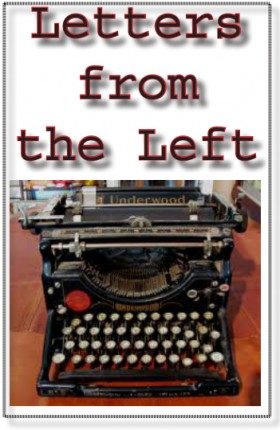
Clergy from around NC and other parts of the country led a peaceful protest in Charlotte Thursday night. No none was violent and no one was injured.
Why do so many people, comfortable in their middle-class homes and neighborhoods, buy into the rhetoric that black people hate whites?
Why do so many insist that black people bring all their troubles on themselves?
Did black people buy tickets to sail from Africa to America during the Middle Passage?
Did they voluntarily submit to being bought and sold and used as livestock?
Did mothers voluntarily offer their children up for sale?
Scientific studies have shown that these kinds of trauma are written into the DNA of humans and can have an effect for generations.
So, after slavery ended, did black people volunteer to be arrested off the street and placed in prison camps where they labored for free?
Did they offer themselves up for lynching?
Did they freely choose to live in abject poverty because they couldn’t get a decent education in segregated schools so all that was left to them was sharecropping so white people could profit?
Were segregated and inadequate schools the ones they wanted for their children?
Did my friends in the 1950s and ’60s choose to be relegated to the backs of buses and back doors of restaurants and balconies of theaters — if they were allowed in at all?
Did they not dream for better lives for their children?
And today, as schools have been re-segregated, and black children trapped in crumbling school buildings with lead pipes and mold contamination, schools with far fewer computers and not enough textbooks, why are black children cruelly held to the same standards as the children in wealthy districts, where there are no school-to-prison pipelines?
Did you know that for-profit prisons calculate future “inventory” based on fourth-grade reading scores in mostly black neighborhoods? Doesn’t that sound like black children are being set up to fail so they can make profits for somebody?
When black people are trapped in poor neighborhoods with no banks, no grocery stores and lousy public transportation, are they supposed to look at the lack of opportunity and be OK with it?
Don’t talk to me about how people can rise out of poverty because a few have been fortunate enough to be able to do it. Before you can pull yourself up by the bootstraps, you have to have boots.
I was raised in a white town. We weren’t wealthy. In fact, when I was young, in the late 1950s and early 1960s, we were downright poor. But we were white. Doors were open to us that weren’t open to black families.
We attended excellent schools, even though we lived in a house that once was servant’s quarters on an apple farm in Massachusetts. We didn’t have central heat or hot water, but we did have access to great schools.
I had — and still have — a healthy dose of white privilege. Cops don’t see me or my husband or my son as a threat just because we exist and walk into their field of vision.
I have been accused of being driven by “white guilt,” the racist term for people who care about what is happening to our black brothers and sisters.
I am not guilty of anything more than having that privilege I described. It’s what I do with that privilege that matters. Do I sit in my living room and watch events unfold in Charlotte, or do I go there and stand in peace and love with fellow human beings who are being oppressed and try to protest the blatant racism of our public policy?
Do I try to understand the pain that is inherent in their existence or do I pound my fist on the arm of my sofa and wonder why they want to destroy everything “we” built?
Do I criticize every effort oppressed people make to be heard as “inappropriate,” even when it’s peaceful, or do I stand (or sit) with them?
I choose to be part of the protest.
I choose to stop waiting patiently for change and to demand it begin now, with the release of the police video of the execution of Keith Lamont Scott.
I choose to stand with my brothers and sisters in peaceful protest of systemic racism.
I choose to get angry when people judge the violence that breaks out when militarized police forces show up in riot gear and begin pushing people back and using tear gas and billy clubs if people don’t want to move.
I have been in such situations and I can tell you, I feel furious when it happens. It feels as though our valid concerns are being invalidated by people who have all the power and care nothing for our lives.
For some people the only answer is to fight back. When nonviolent protests are met with violence, some people will become violent. I’m not excusing it; I’m saying it happens, and it might not happen if there was any evidence people in power would listen to the grievances of the protesters.
And don’t talk to me about “proper channels” because those have been closed off. I have been arrested twice for trying to exercise my Constitutional right to talk to lawmakers.
It began with the death of my child, but it continues with the deaths of other people’s children because I know the pain of losing a child to injustice, and I know it happens more often to people of color, and I know that’s wrong.




Standing with you.